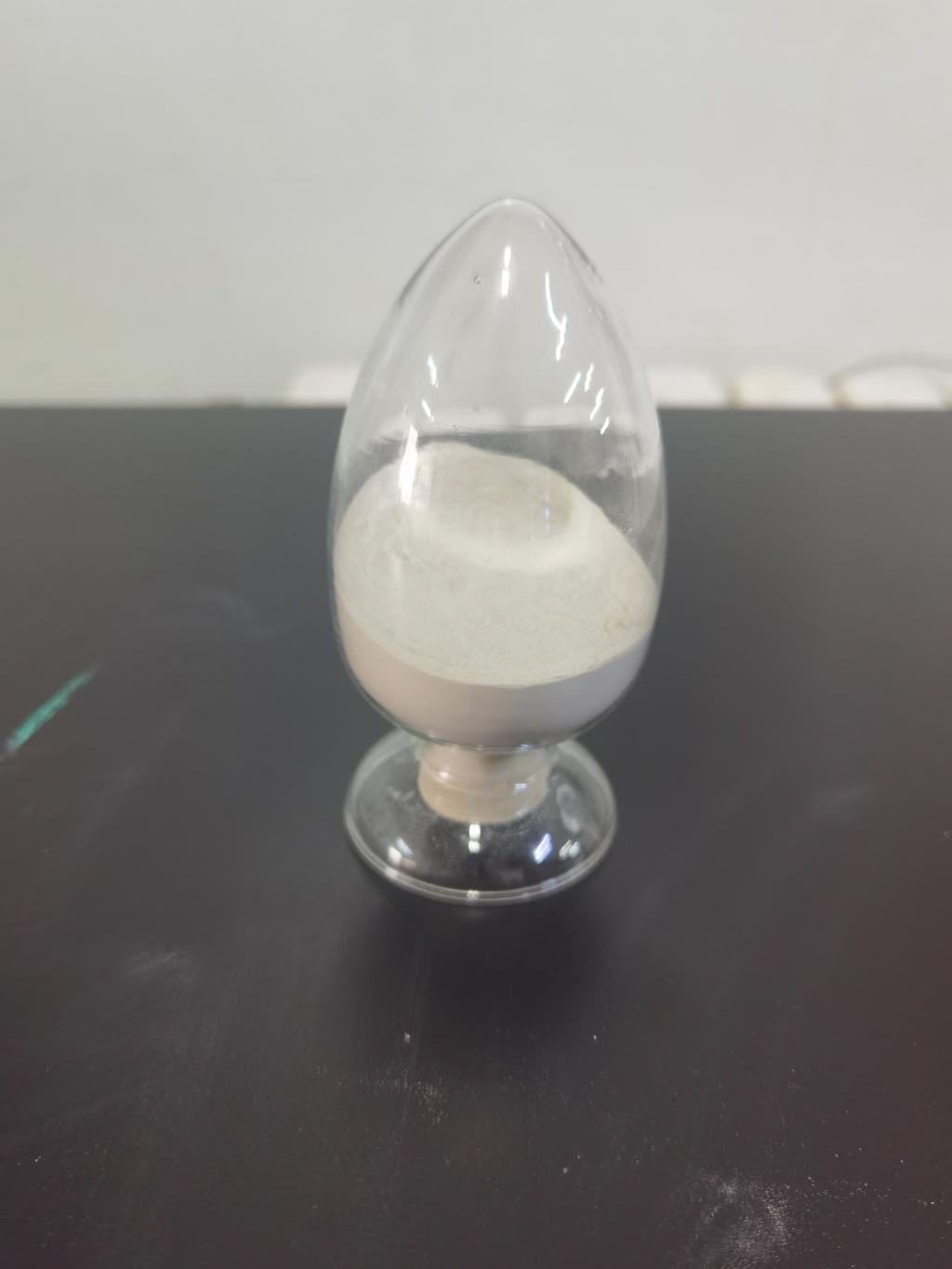Tel:+8618231198596

News
 CONTACT
CONTACT
 CONTACT
CONTACT
- Linkman:Linda Yao
- Tel: +8618231198596
- Email:linda.yao@dcpharma.cn
- Linkman:CHARLES.WANG
- Department:Overseas
- Tel: 0086 0311-85537378 0086 0311-85539701
News
Current Position:
Home >
News
>Nisin's Potential in Improving the Safety of Street Food and Informal Markets
Nisin's Potential in Improving the Safety of Street Food and Informal Markets
TIME:2024-01-30
I. The Significance of Street Food and Informal Markets:
Culinary Diversity and Accessibility:
Street food and informal markets contribute significantly to the cultural fabric of cities, offering a wide range of affordable and diverse culinary options. They cater to the tastes of locals and tourists alike, providing an accessible and authentic culinary experience.
Challenges of Food Safety:
Despite their popularity, street food and informal markets often face challenges related to food safety and hygiene. Factors such as inadequate infrastructure, limited access to clean water, and lack of proper storage facilities contribute to concerns about the safety of the food served in these settings.
II. Introduction to Nisin:
Natural Antimicrobial Properties:
Nisin, derived from certain strains of Lactococcus lactis, is a natural antimicrobial peptide widely recognized for its ability to inhibit the growth of bacteria, particularly Gram-positive bacteria. Its use in food preservation has been well-established, and its natural origin makes it an appealing option for enhancing food safety.
Application in Food Preservation:
Nisin has been successfully employed in various food products to extend shelf life and prevent microbial contamination. Its effectiveness against a broad spectrum of bacteria makes it a versatile and reliable solution for improving the safety of perishable foods.
III. Nisin's Potential in Street Food Safety:
Controlling Microbial Contamination:
The primary challenge in street food safety is the risk of microbial contamination, leading to foodborne illnesses. Nisin's antimicrobial properties make it a promising solution for controlling the growth of harmful bacteria in street food, thereby reducing the likelihood of foodborne diseases.
Preservation of Perishable Ingredients:
Many street food vendors rely on perishable ingredients, and the lack of refrigeration poses a challenge in maintaining their freshness. Nisin's application can help extend the shelf life of these ingredients, allowing vendors to use them for longer periods without compromising safety.
IV. Overcoming Infrastructure Challenges:
Limited Access to Clean Water:
Street food vendors often face challenges in accessing clean water for food preparation and hygiene. Nisin's role in preventing microbial contamination becomes crucial in environments where water quality is a concern, providing an additional layer of safety.
Lack of Refrigeration Facilities:
In the absence of refrigeration facilities, street food vendors struggle to maintain the freshness of ingredients. Nisin's ability to preserve food without the need for refrigeration aligns with the practical constraints of street food settings, offering a viable solution to this challenge.
V. Formulation Considerations:
Compatibility with Local Cuisine:
Street food is deeply rooted in local culinary traditions, and any intervention, including the use of nisin, must be compatible with the diverse flavors and cooking methods of different cuisines. Researchers and food scientists are exploring formulations that seamlessly integrate with local culinary practices.
Consumer Acceptance:
The success of incorporating nisin into street food safety practices depends on consumer acceptance. Communicating the benefits of nisin in preserving the authenticity and safety of street food is crucial for fostering trust and encouraging its widespread adoption.
VI. Economic and Social Impacts:
Reducing Foodborne Illnesses:
The incorporation of nisin in street food safety measures can lead to a significant reduction in foodborne illnesses. This, in turn, contributes to the well-being of consumers, reducing healthcare costs associated with treating foodborne diseases.
Empowering Street Vendors:
Enhancing food safety in informal markets can empower street food vendors by improving their reputation and attracting more customers. This, in turn, positively impacts their economic sustainability and contributes to the overall vibrancy of local food scenes.
VII. Regulatory Considerations:
Advocating for Supportive Policies:
To facilitate the widespread adoption of nisin in street food safety, there is a need for supportive regulatory policies. Advocacy efforts can help highlight the benefits of nisin and encourage policymakers to integrate it into existing food safety guidelines.
Collaboration with Health Authorities:
Collaboration between health authorities, researchers, and street food vendors is essential to establish guidelines and best practices for the safe and effective use of nisin. Training programs can further educate vendors on proper hygiene and food safety practices.
VIII. Case Studies and Success Stories:
Examining case studies and success stories where nisin has been successfully implemented in street food settings can provide practical insights. These examples can serve as inspiration for other vendors and local authorities considering similar initiatives.
IX. Future Directions:
The article concludes by discussing the future directions of integrating nisin into street food safety measures. Ongoing research, community engagement, and collaborative efforts between researchers, vendors, and policymakers are essential for the sustainable and widespread adoption of nisin in informal markets.
Conclusion:
Nisin's potential in improving the safety of street food and informal markets is a promising avenue for addressing longstanding concerns about foodborne illnesses and hygiene. By leveraging its natural antimicrobial properties, nisin offers a sustainable solution that aligns with the unique challenges of street food settings. The successful integration of nisin requires a collaborative approach involving researchers, vendors, policymakers, and consumers, all working towards a common goal of enhancing the safety, authenticity, and economic viability of street food around the world.
- Tel:+8618231198596
- Whatsapp:18231198596
- Chat With Skype







